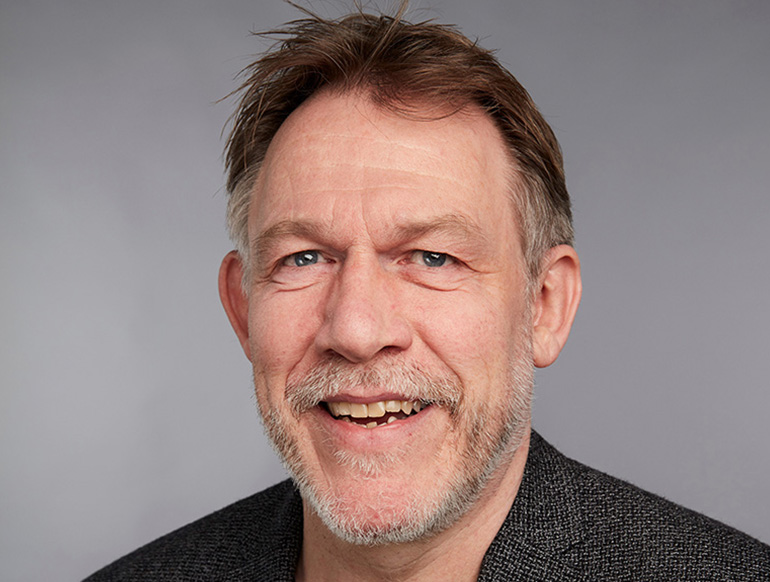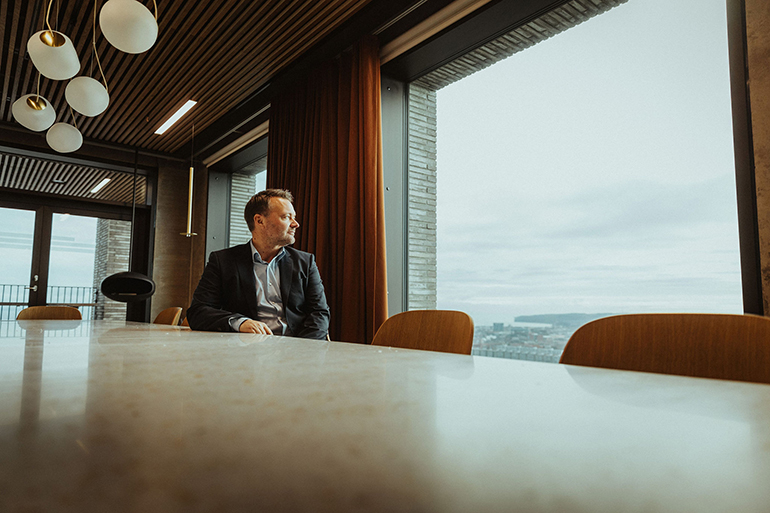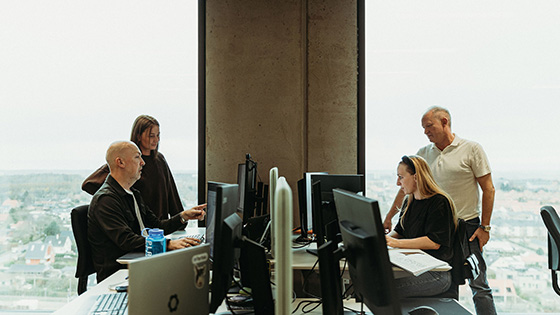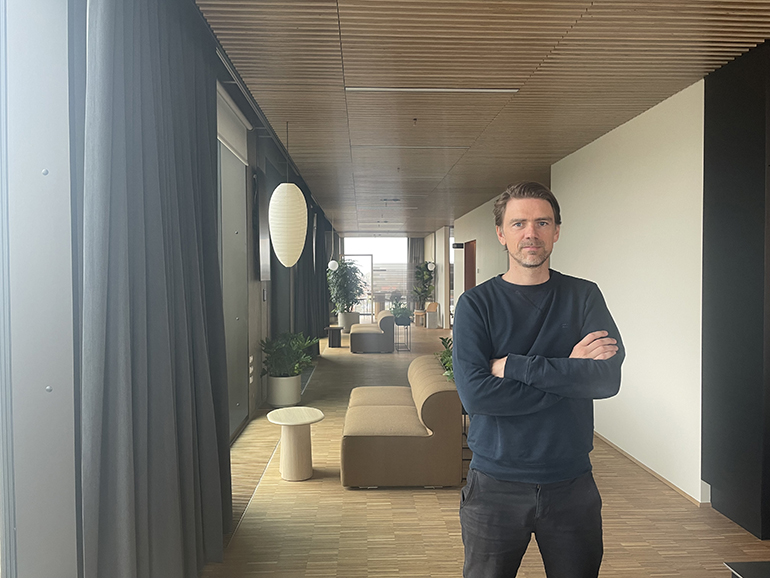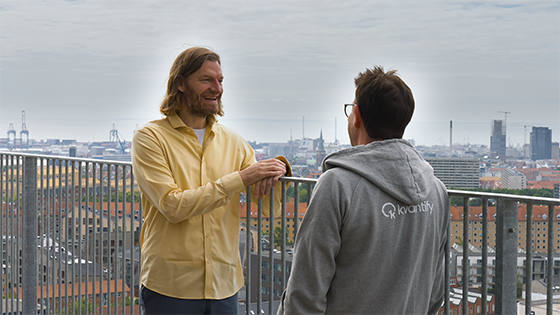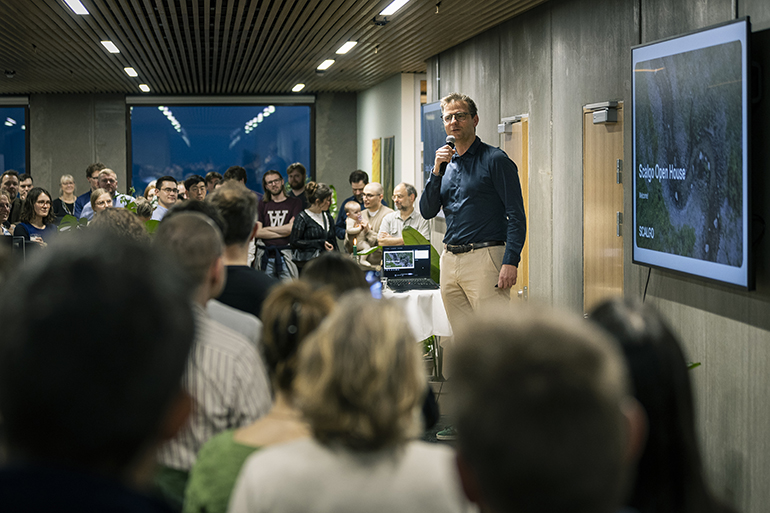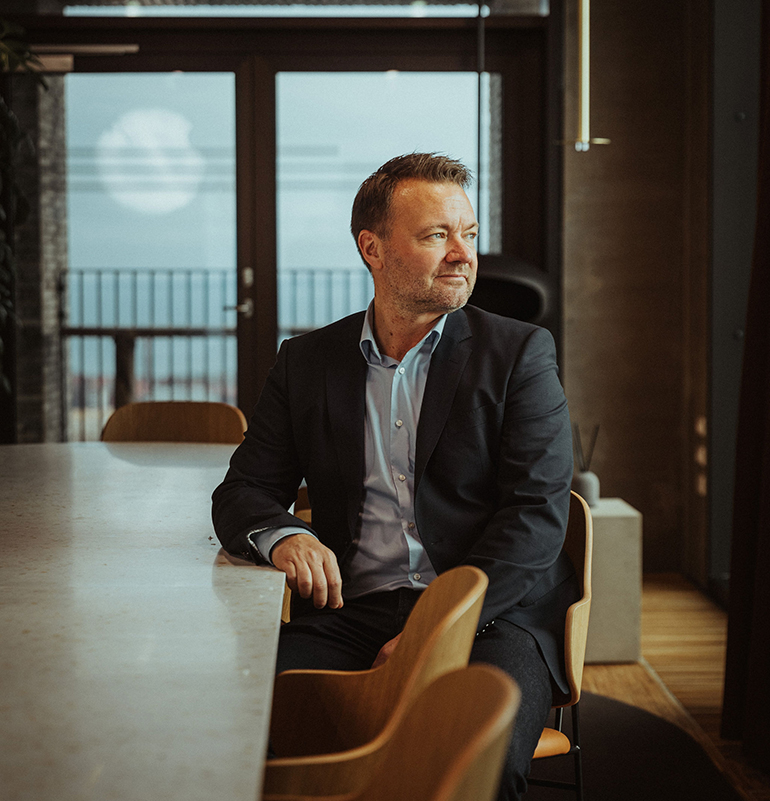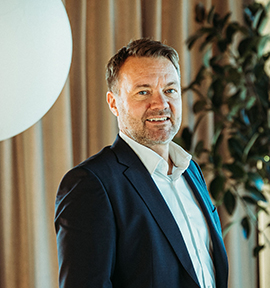The Department of Computer Science & INCUBA pave the way for the IT companies of the future
The Department of Computer Science at Aarhus University is among the world’s leading departments and is internationally recognised for its research in a wide range of computer science fields, including artificial intelligence, algorithms and cybersecurity. According to csrankings.org, the institute is no. 2 in the world in cryptography and no. 5 in programming languages. This strong foundation attracts both researchers and students from all over the world.
Today, approximately 800 students are enrolled at the department, and in 2025, two new international bachelor’s programs, Computer Science and IT Product Development, will be launched, which are expected to attract even more IT students to Aarhus.
Furthermore, it will be possible to pursue a professional master’s degree in computer science, where the students combine their master’s studies with relevant work in an IT company.
The department has a close collaboration with the business sector, which has a high demand for its graduates. Through these partnerships, the department actively contributes to innovation and growth in society.
New ideas often emerge from the innovative research conducted at the Department of Computer Science, and many of these ideas develops into businesses. The physical proximity to INCUBA, one of the largest startup environments in Aarhus, is a significant advantage for researchers, as many projects involve industry partners to ensure that the developed solutions can be implemented in the real world.

